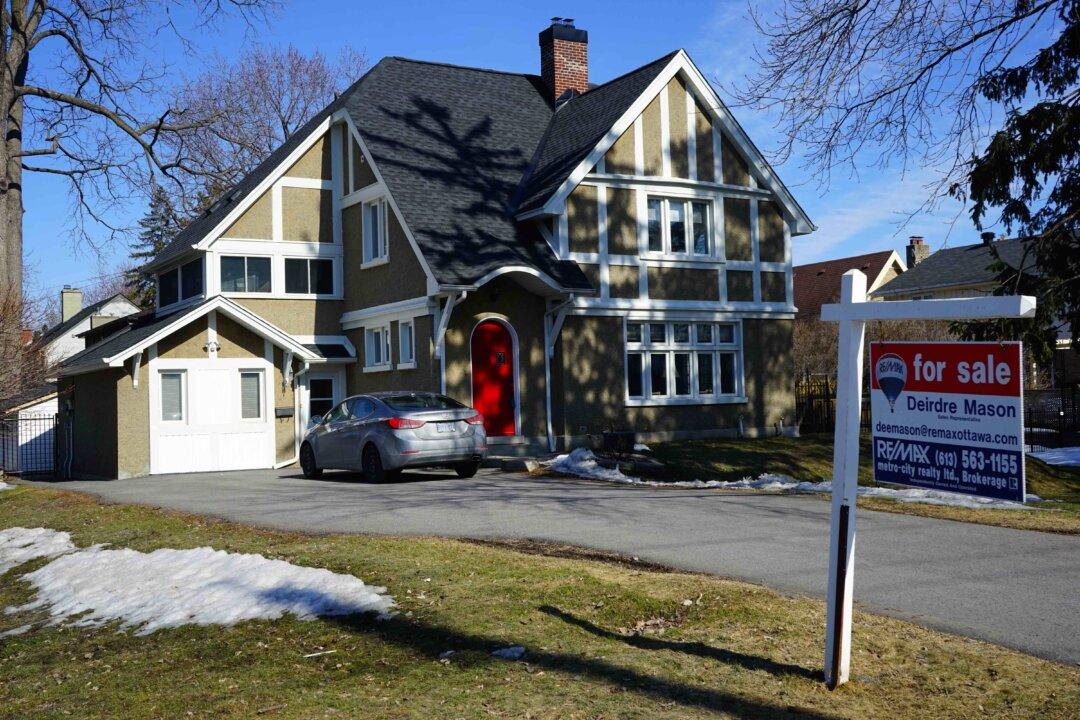Talk of a housing bubble, overvaluation, and market corrections don’t apply when it comes to Ottawa’s stable and consistent real estate market.
Trying to characterize Canada’s housing market is an exercise in futility given the distortions caused by cities like Vancouver and Toronto that are booming and Calgary that is showing early signs of a slowdown. But Ottawa could be considered an example of the desired behaviour of a large metropolitan housing market.
Ottawa (including Gatineau across the river in Quebec) is Canada’s fifth largest metropolitan centre (after Toronto, Montreal, Vancouver, Calgary, and Edmonton), with a population of roughly 1.3 million.





